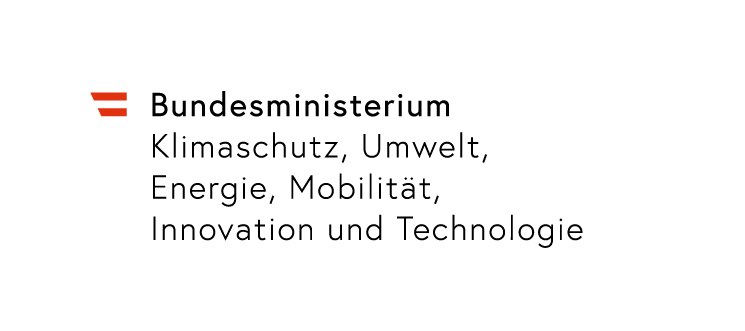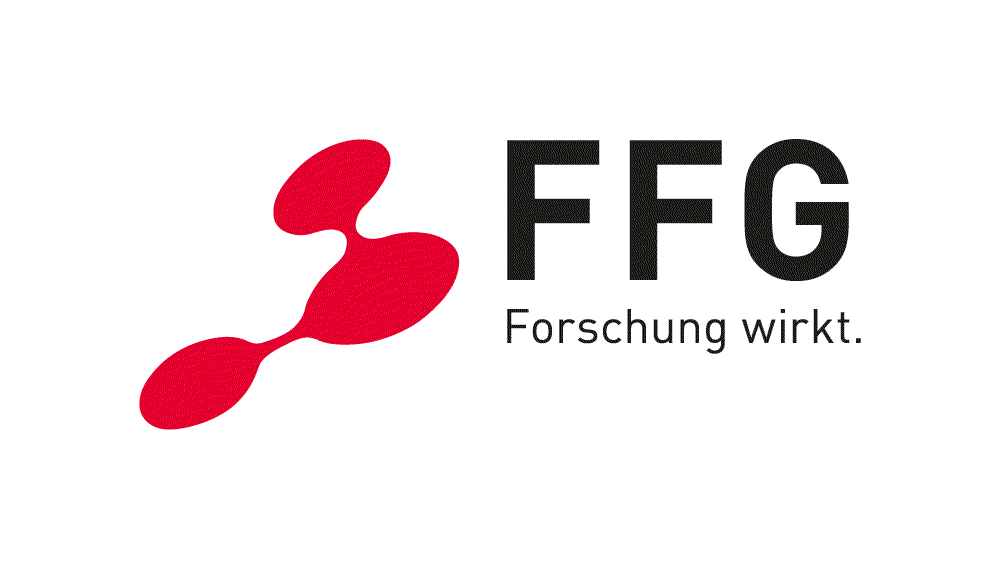LISTEN

Three countries, three European suburbs and their inhabitants: all are thinking about the use of space in everyday life. The ideal environment is the 15-minute city, where everything important can be reached on foot in 15 minutes: your own workplace, the grocery store, school, pharmacy, cultural centre or leisure facilities. In suburbs, however, there is often a lack of such communal and car-free locations. Immigration and other factors are making suburbs increasingly diverse – and with them the interests and needs of the people living there. Participatory planning processes therefore often do not lead to the desired results and sometimes even lead to a complete standstill.
Collective listening and international workshops
In contrast to traditional citizen participation, LISTEN pursues the approach of collective listening, supported by appropriate methods and formats. These include a 15-minute radio programme, a 15-minute atlas and a 15-minute walk. The project team talks to citizens, municipalities, entrepreneurs, organisations and associations in so-called super-diverse suburbs. The project partners and stakeholder groups exchange their findings at three international workshops. The first workshop will take place in Belgium, the second in Sweden and the third in Austria.
The common goal is to strengthen the capacity for collective listening and to compile a set of strategies and tools for a faster transition to the “15-minute suburb”.
Project goals and target groups
- Accelerating the transition to the 15-minute suburb by strengthening the capacity for collective listening
- Collaboration between local authorities and entrepreneurs in suburbs to open up (segregated) semi-public spaces for more diverse activities and communities
- Target groups: citizens, local authorities, entrepreneurs, organisations and associations in super-diverse suburbs
Activities
- Three listening experiments in three countries – collective listening of a key group, supported by a listening tool:
15-minute radio (podcast) during the first cycle
15-minute atlas (diagram) during the second cycle
15-minute walk in suburbs during the third cycle
- Three international workshops in Belgium, Sweden and Austria
Duration
2024 – 2026
Project partner
University of Hasselt, Belgium (project management)
Municipality of Genk, Belgium
CIPRA Lab GmbH (NGO), Austria
Rosinak&Partner (consulting company), Austria
University of Malmö, Sweden
NGBG Föreningen i Malmö (NGO/Cultural Association), Sweden
Project languages
English and local language
Contact
Jakob Dietachmair, jakob.dietachmair@cipra.org
Funding
The participation of CIPRA Lab GmbH in this project is financially supported by the Austrian Ministry for Climate Protection, Environment, Energy, Mobility, Innovation and Technology, represented by the Austrian Research Promotion Agency (FFG). Additional financial support for the project is being provided by “Driving Urban Transitions” (DUT). DUT is organised as a European partnership of more than 60 partners from 27 countries and is co-financed by the European Union.


